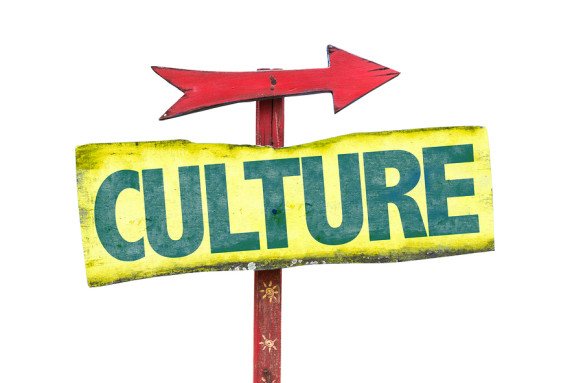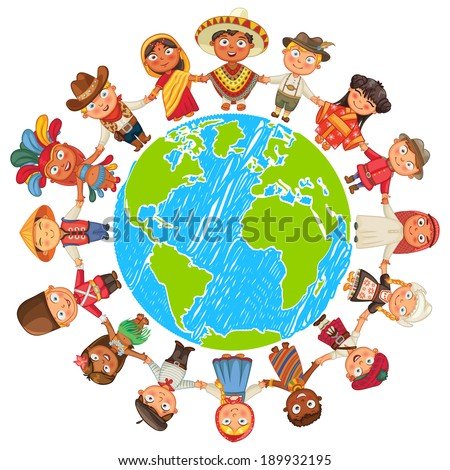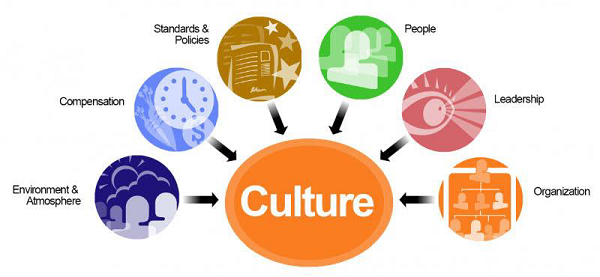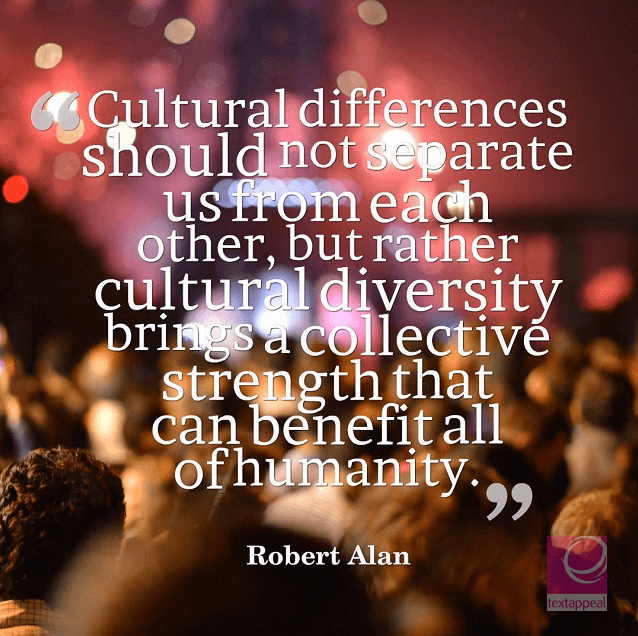Human culture has the largest part of its social norms

Image Source
A culture speaks to a group of individuals living inside a given geographical area, who share a typical arrangement of social norms. The culture in which we live influences our thoughts, sentiments, and conduct through educating, impersonation, and different types of social transmission. It isn't wrong to state that our culture characterizes our lives the same as our transformative experience does.
Cultures vary regarding the specific norms that they find vital and that guide the conduct of the group. Social psychologists have discovered that there is a key distinction in social norms between Western cultures and East Asian cultures.
Western Cultures
Norms in Western cultures are principally situated toward individualism cultural norms, basic in Western social orders, that emphasis basically on self-upgrade and freedom. Children in Western cultures are educated to create and value a feeling of their own self and to consider themselves to be to a great extent isolate from the general population around them. Children in Western cultures feel unique about themselves, they appreciate getting gold stars on their projects and the best grade in school.
Adults in Western cultures are situated toward advancing their own individual achievement, every now and again in examination with others. At the point when requested to portray themselves, people in Western cultures by and large have a tendency to show that they jump at the chance to do their own thing, want to experience their lives freely, and base their happiness and self-worth all alone individual accomplishments.

Image Source
East Asian Cultures
Norms in the East Asian cultures, are more centered around other concern. These norms demonstrate that individuals ought to be all the more on a very basic level associated with others and in this way are more arranged toward relationship, or collectivism. In East Asian cultures, children are educated to center around creating amicable social associations with others, and the overwhelming norms identify with group fellowship, connectedness, and obligation and duty to their family.
The individuals from East Asian cultures, when requested to depict themselves, demonstrate that they are especially worried about the interests of others, including their close friends and their partners. As one case of these cultural contrasts, look into directed by Shinobu Kitayama and his associates found that East Asians were more probable than Westerners to experience happiness because of their associations with other individuals, though Westerners will probably experience happiness because of their very own achievements.

Image Source
Analysts have examined other cultural contrasts, for example, varieties in introductions toward time. A few cultures are more worried about arriving and leaving as indicated by a settled calendar, while others think about time in a more adaptable way. It has additionally been contended that there are contrasts in the degree to which individuals in various cultures are bound by social norms and traditions, as opposed to being allowed to express their own uniqueness without respect to thinking about social norms.
There are likewise cultural contrasts in regards to individual space, for example, how close people remain to each other when talking, and additionally contrasts in the correspondence styles people utilize. It is essential to know about cultures and cultural contrasts, in any event to some degree since individuals with various cultural foundations are progressively coming into contact with each different because of expanded travel and movement, and the advancement of the internet and different types of correspondence.
In Canada, for example, there are a wide range of ethnic groups, and the extent of the populace that originates from minority groups is expanding. Minorities will account for a significantly bigger extent of the total new passages into the Canadian workforce throughout the decades. Despite the fact that these progressions make the potential for more noteworthy cultural understanding and gainful collaboration, they may likewise deliver undesirable social clash. Monitoring cultural contrasts and considering their impact on how we act toward others is an imperative piece of a fundamental comprehension of social psychology.

Image Source
References:
Culture
Conformity, obedience, and infuence in social psychology
Framework for a united theory of social relations
Study of cultural transmission
The strength of social norms across human groups
The Tree of Life, or Etz haChayim (עץ החיים) has upvoted you with divine emanations of G-ds creation itself ex nihilo. We reveal Light by transforming our Desire to Receive for Ourselves to a Desire to Receive for Others. I am part of the Curators Guild (Sephiroth), through which Ein Sof (The Infinite) reveals Itself!
The Tree of Life, or Etz haChayim (עץ החיים) has upvoted you with divine emanations of G-ds creation itself ex nihilo. We reveal Light by transforming our Desire to Receive for Ourselves to a Desire to Receive for Others. I am part of the Curators Guild (Sephiroth), through which Ein Sof (The Infinite) reveals Itself!
@juvyjabian a different kind of article , its very great every person is related to a culture now a days , and it is like some thing through which you are known as ...great words
Because there people who had forgotten their cultures and choose to live with the others.
yes and they did not well know about their fore fathers ,how they survive..
Somehow it's spending school has it's disadvantage.
i can understand thanks
You got a 1.75% upvote from @postpromoter courtesy of @juvyjabian!
Want to promote your posts too? Check out the Steem Bot Tracker website for more info. If you would like to support the development of @postpromoter and the bot tracker please vote for @yabapmatt for witness!